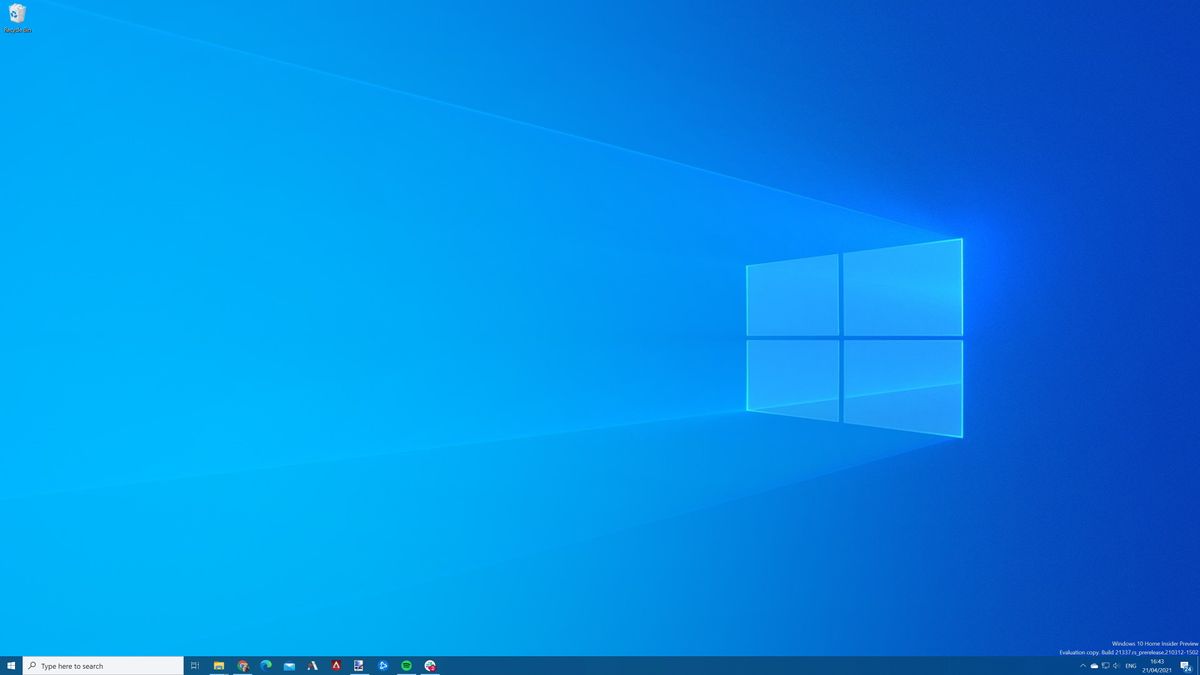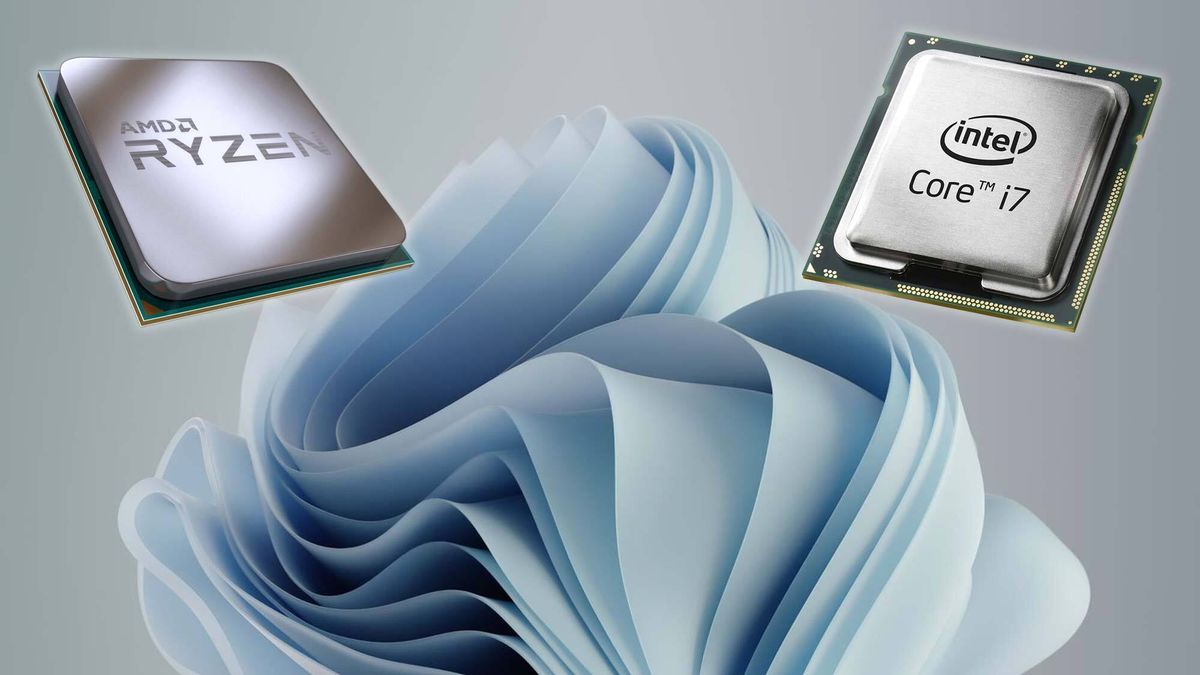Trusted platform module chips have been around since 2006 and basically any laptop you have bought in the past five to ten years is going to have one. Desktop motherboards will be hit or miss but - as an example - my Asus B550 ROG Strix board doesn’t have the physical chip but the BIOS has an option to turn on a virtualised one which will pass the Windows 11 health check.
This is not an onerous requirement and anyone smart enough to know what they are, if they have have one and refuse on principle to get one is not a helpless lamb. They’re going to be a super user who will survive happily.
You’re right in that it looks to be as simple as having PTT or the AMD equivalent enabled on boards that support it, but it’s like why go through this song and dance at all if it can in many cases be pretty easily overridden anyways? It all just seems kinda futile and silly for the TPM layer of security to be deemed so critical when Intel’s CSME it relies on is already bugged.
There will always be vulnerabilities, even self-inflicted by Microsoft itself. Coupled with the fact they’re also planning their own version of TPM to make the current solutions obsolete and this whole issue is like a dog chasing its tail.
Last edited:



/cdn.vox-cdn.com/uploads/chorus_asset/file/22679323/Hero_Bloom_Logo.jpg)
/cdn.vox-cdn.com/uploads/chorus_asset/file/22819524/windows11stock.jpg)



